NEW POLICIES ON A HYPERCOMPETITIVE MARKET
Left, right, up and down. KUBO the robot moves around in a route designed by children. KUBO’s movements may seem simple, but they are teaching children from the age of 4 years the basics of coding – without a screen. The unique teaching system is called TagTile® and created by the awarding-winning Danish company KUBO Robotics. In the past few years, the company has collaborated with Innovation Centre Denmark (ICDK) in Shanghai to create new strategic partnerships and increase their presence following newly implemented policies on China’s education market.
KUBO Robotics entered China in 2020 and quickly became popular on the massive education market, which has a large demand for STEAM and robotics. However, in 2021, China introduced the “double reduction policy”, which has put limitations to the operations of companies working with commercial after-school tutoring in core school subjects. The policy has changed the education market drastically and affected companies like KUBO Robotics that now have to navigate the new market regulations – and rethink their business strategy along with competing businesses across the board.
ICDK has supported KUBO Robotics with finding innovative approaches to their newfound challenges and helped create new opportunities in the child-friendly and educational sector.

Client testimonial
"Denmark has some of the best education and innovation in the world. That’s why the support and endorsement of ICDK has helped us to navigate the Chinese market and create new connections to important stakeholders within the Chinese education sector"
ICDK opens the door to China’s child-friendly communities
KUBO Robotics and ICDK Shanghai have been working together since 2020 through the Child Friendly Communities innovation project (CFC). CFC is an ongoing project that explores the adaptation of the child-friendly concept to large Chinese cities, which is on trend with current Chinese policies. The project also promotes Sino-Danish knowledge-exchange and serves as a gateway for Danish competence within the child-friendly area.
KUBO Robotics’ unique products have been showcased through different events in the CFC-project. Most recently, ICDK and The Royal Danish Embassy in Beijing have co-hosted KUBO Robotics’ TagTile Coding Competition where children from all over China battled it out to become TagTile®-champions. Throughout the competition, KUBO Robotics has met relevant Chinese government officials and connected with stakeholders, such as the non-profit organisation World Robot Olympiad.
KUBO Robotics was also one of the keynote speakers at ICDK’s end-of-year seminar, gathering central stakeholders in the child-friendly sector. Prior to this, ICDK supported KUBO Robotics in branding their products at the innovative child-friendly demo facility in Suzhou. The permanent facility is set up by ICDK and the Suzhou government and aims to protect the learning environment of children through exhibiting products such as the TagTile® teaching system. The exhibition creates continuous brand visibility to parents, children and stakeholders alike.
CODING COMPETITION BRINGS NEW MARKET INSIGHTS
ICDK Shanghai has provided an important stepping stone for KUBO Robotics’ continued China success, as one of the biggest challenges for foreign businesses in China is to monitor different policies and to create a strong brand presence – without having a large network or specific market insights to rely on.
With several activities and events, exposure on different communication channels and a strong network and contacts in the education and child-friendly sector, ICDK has helped KUBO Robotics navigate the new policies and better fit their product in accordance with the latest market trends and developments. This has resulted in new business leads at regional schools and a stronger presence within China’s child-friendly and educational sector.
KUBO Robotics’ next steps in China will also involve ICDK. The CFC-project will include more child-friendly TagTile® activities, such as the STEAM competition at the 2023 and 2024 H.C. Andersen Festival in China and several days of Sino-Danish child-friendly activities from March to December 2023.

View our other cases
-
Innovation Centre Denmark in Shanghai Brings Master's Students Closer to Real-World Challenges
Green TransitionRead more -
VitaSim is testing their solution at a hospital in Tel Aviv
Life scienceRead more -
From Denmark to Silicon Valley, again: Kvasir Technologies' return for ‘Carbon Cocktails’ event
Green TransitionRead more -
The Danish startup HEI Therapeutics goes to the US!
Life scienceRead more -
TEGnology: Harnessing Heat for a Greener Future in China
Green TransitionRead more -
A Danish startup solution can play an important role in China's green transition
Green TransitionRead more -
Startup behind new way of cultivating “the bacon of the sea” and is set on the US!
Green TransitionRead more -
Coastgrass was testing a biodegradable alternative to conventional plastic in Israel
Green TransitionRead more -
Climate Tech Accelerator builds green bridges between Denmark and Silicon Valley
Green TransitionRead more -
IT University of Copenhagen explored digitalisation and its potentials in Silicon Valley
TechRead more -
Bridging Danish innovation with key opinion leaders in the U.S sphere of medtech & digital health
Life scienceRead more -
Launching smart wearable brand Deeprio in India
TechRead more -
Danish robot teaches Chinese kids how to code
TechRead more -
Green delegation to China
Green TransitionRead more -
Students from IT University of Copenhagen travel to four leading innovation ecosystems – virtually
TechRead more -
Kanda’s innovation journey in the South Korean metaverse ecosystem
Read more -
DKBIO is a platform for MedTrace to meet US life science actors
Life scienceRead more -
Harvard’s challenge of reducing waste benefits Danish startup
Green TransitionRead more


















